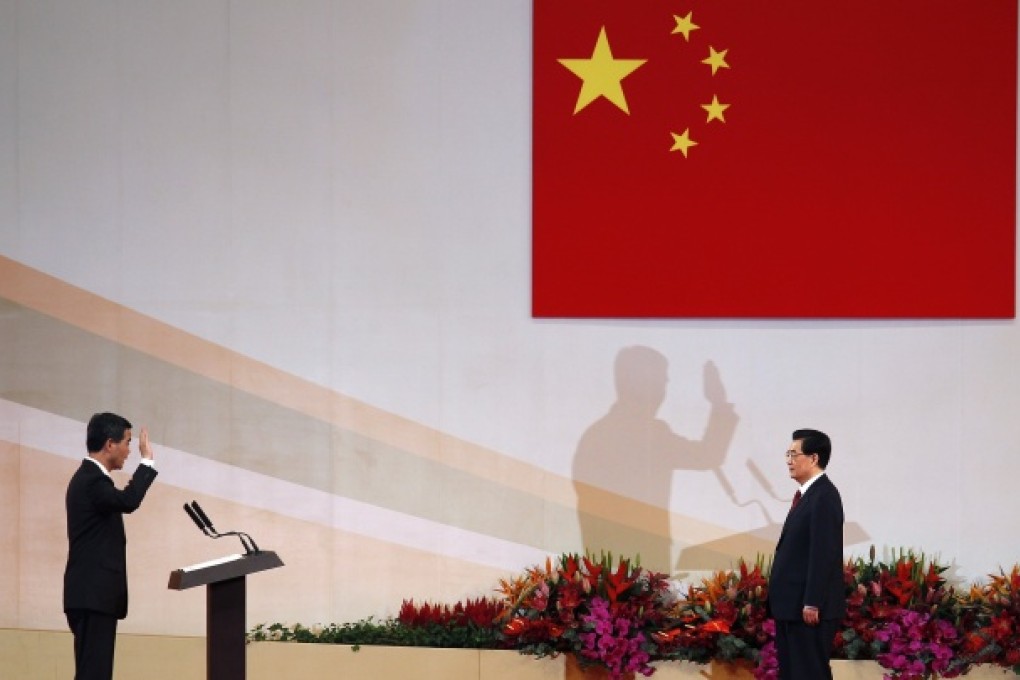
Anson Chan gave an excellent talk recently about the future for democracy in Hong Kong.
The Basic Law defines universal suffrage as the right of each citizen to vote and to be elected to public office.
However, Beijing has added a condition, not mentioned in the Basic Law, that the chief executive must love the country and Hong Kong. Who would take up the heavy burden of office if they didn't love Hong Kong and China?
As one of the founders of the green party in Sweden ( Miljöpartiet de Gröna), I know it takes years to groom candidates and in this city we are running out of time.
Why is the business sector so quiet on this issue?
Is it afraid of backing a candidate before Beijing has had its say? Or are these business people afraid of democracy?
Perhaps they are worried that Hong Kong could pick candidates who want to turn the SAR into a welfare state which would mean higher taxes, perhaps even progressive taxation.